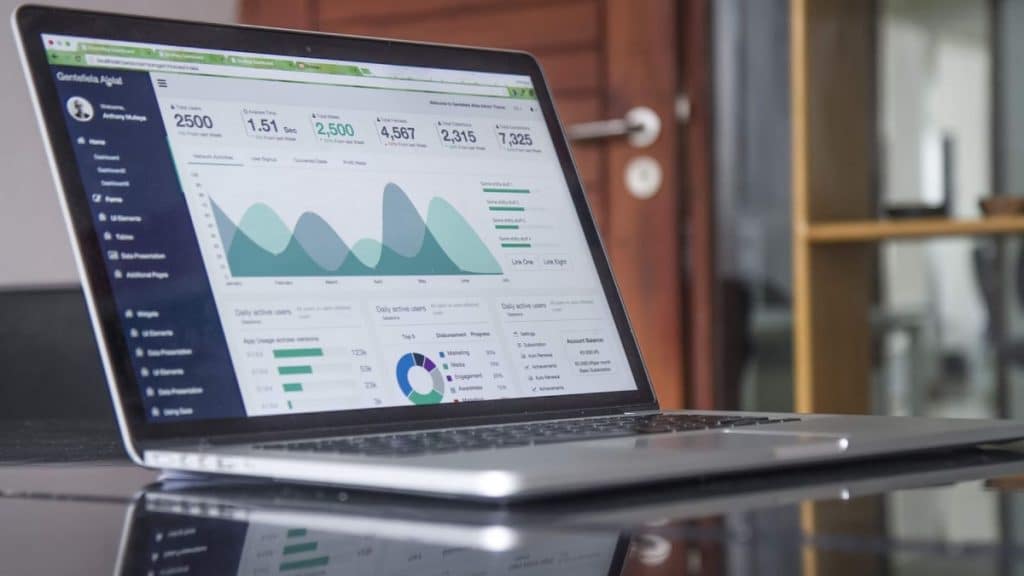In the ever-evolving landscape of business intelligence, the need for real-time data analysis has become paramount. Organizations consistently seek ways to enhance decision-making and improve project outcomes through timely insights. One of the most effective tools for achieving this goal is ad hoc reporting, which allows users to generate specific reports as needed, rather than relying solely on predetermined cycles. This flexibility enables teams to respond swiftly to fluctuating business conditions, ensuring that they remain agile and informed.
Ad hoc reporting, derived from the Latin term meaning “for this” or “as needed”, refers to generating reports outside of the established reporting schedule. This allows stakeholders to access up-to-date information relevant to their interests. Users can assess current data against historical benchmarks to ensure projects are on track and objectives are met. Even with incomplete information, ad hoc reports provide insights that prompt immediate actions, fostering data-driven decisions and improved outcomes.
The Benefits of Ad Hoc Reporting
Ad hoc reporting offers numerous advantages that can significantly enhance a business’s operational effectiveness and decision-making processes. Here are some key benefits:
- Increased Agility: Ad hoc reporting allows organizations to quickly access real-time data, enabling swift responses to changing business conditions and internal goals. On-demand reports help teams monitor project statuses and facilitate timely actions.
- Enhanced Efficiency: Ad hoc reporting streamlines workflows by allowing departments such as sales, marketing, and finance to check key performance indicators (KPIs) as needed, increasing productivity.
- Cost Savings: Immediate access to information enables timely adjustments, faster decision-making, and minimized wasted time, as teams can gather insights without delays from regular reporting schedules.
- Improved Communication: Tailored ad hoc reports ensure relevant data is readily available, reducing confusion and enhancing collaboration through consistent information sharing among team members.
- Customizability and Flexibility: Ad hoc reporting allows dynamic querying based on user-defined parameters, ensuring users can extract precise data for detailed and relevant analysis.
Use Cases of Ad Hoc Reporting
Ad hoc reporting serves diverse sectors by enhancing the capacity to navigate complex data needs in real-time.
- Banking and Finance: In financial services, ad hoc reporting is invaluable for conducting management-requested analyses during critical events like mergers or acquisitions. These reports allow companies to evaluate potential business partners and understand the value of their assets, often providing insights that are not included in standard reporting processes.
- Sales and Marketing: Ad hoc reporting allows sales teams to generate tailored reports, fostering enhanced communication across the organization. It helps track performance, forecast sales, identify trends, pinpoint sales opportunities, and enhance customer satisfaction by quickly delivering insights.
- Healthcare: In the medical field, ad hoc reporting is essential for delivering timely data that can impact patient care. Healthcare professionals can generate reports to access critical pharmaceutical information relevant to a patient’s history and treatment plan. Immediate access to pertinent data improves patient outcomes and recovery rates by enabling rapid decision-making based on current information.
- Public Sector: Governments use ad hoc reporting to gain insights into various socio-economic trends, including employment rates, crime statistics and educational attainment levels. This real-time data allows decision-makers to identify emerging challenges and respond effectively to the needs of their constituents. For instance, if ad hoc reports reveal a significant number of recent graduates struggling to find suitable employment, government officials can explore strategic investments in public sector initiatives aimed at creating job opportunities.
Conclusion
Ad hoc reporting is a vital component of effective business intelligence, contributing significantly to an organization’s ability to make informed decisions. It stands out for its immediacy and flexibility, allowing teams to access relevant data swiftly. This capability saves time, reduces costs, and enables meaningful data engagement.
By fostering an environment that supports ad hoc reporting, organizations can enhance their responsiveness to real-time market trends and shifts, ultimately positioning themselves for greater success in an increasingly competitive landscape. Integrating this strategy into daily operations is essential for adapting to the dynamic nature of modern business.
